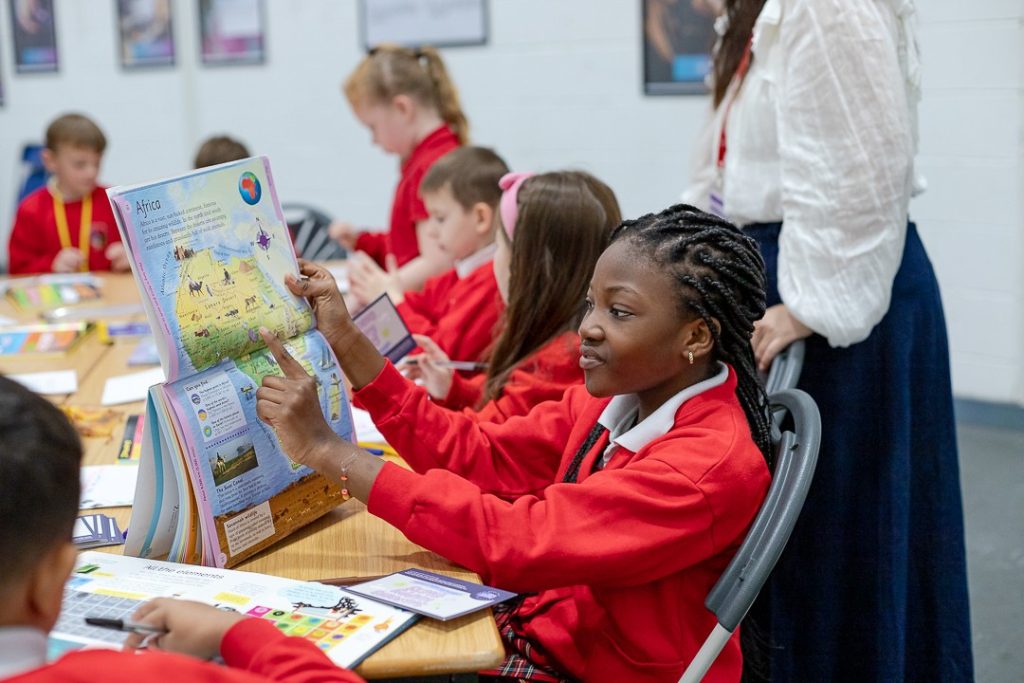
Almost a third of 11-year-olds in Salford are leaving primary school without required reading skills as the popularity of books drops further among young people.
The worsening figures underline the need for the new 10-year National Literacy Trust campaign launched last month to improve reading engagement across the city.
According to the latest data, 29% of 11-year-olds in Salford are leaving primary school without the reading skills required for secondary education.
This figure rises to 38% among children eligible for free school meals, highlighting a concerning link between poverty and poor literacy skills.

Currently, only 34% of children in the North West enjoy reading in their free time, marking the lowest level recorded by the Trust in 19 years — a 21.3% decline from the previous year.
Jason Vit, head of local communities at the National Literacy Trust, said: “Salford is what we call a literacy hub, so it’s one of our priority areas. We’ve got 20 of them around the UK. The council is investing in our work and working very closely with us.
“The Trust plans to make substantial investments in primary school library provisions, alongside partnerships with local sports clubs, to help put books into the hands of more children across Salford.”
Mr Vit outlined the scale of the programme: “We are looking at having at least 60 community volunteers. Our volunteers across the country typically work with around 100 families each, so that’s just our starting point. We also aim to engage at least 6,000 primary school children in the first year alone.”
Listen to what Jason Vit had to say about the Trust’s work in Salford below.
Beyond fostering academic improvement, the Trust’s data highlights the wider benefits of reading for pleasure, including enhanced mental health.
According to the research, children who read for pleasure do better in all of their academic subjects. As they grow older, they are less likely to experience mental health problems. Adults who read for enjoyment as children report better physical health, stronger relationships, and greater earning potential, according to the Trust.
Nationally, the Trust aims to support 1.5 million children over the next three years through similar initiatives.














Recent Comments